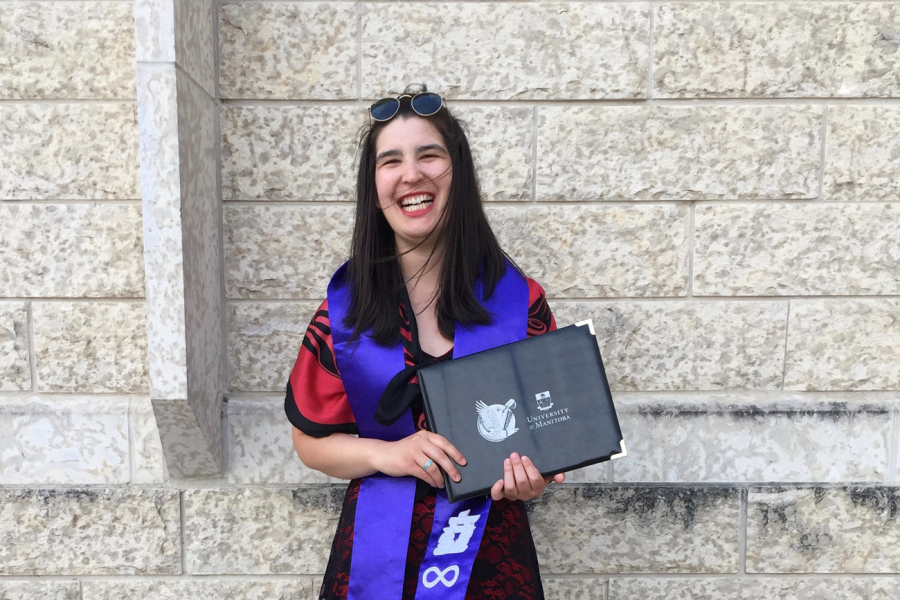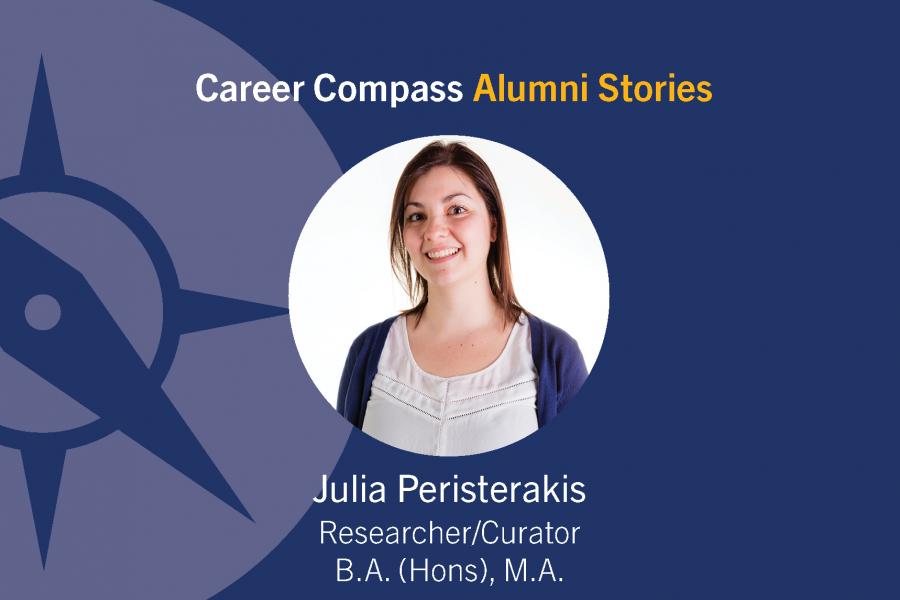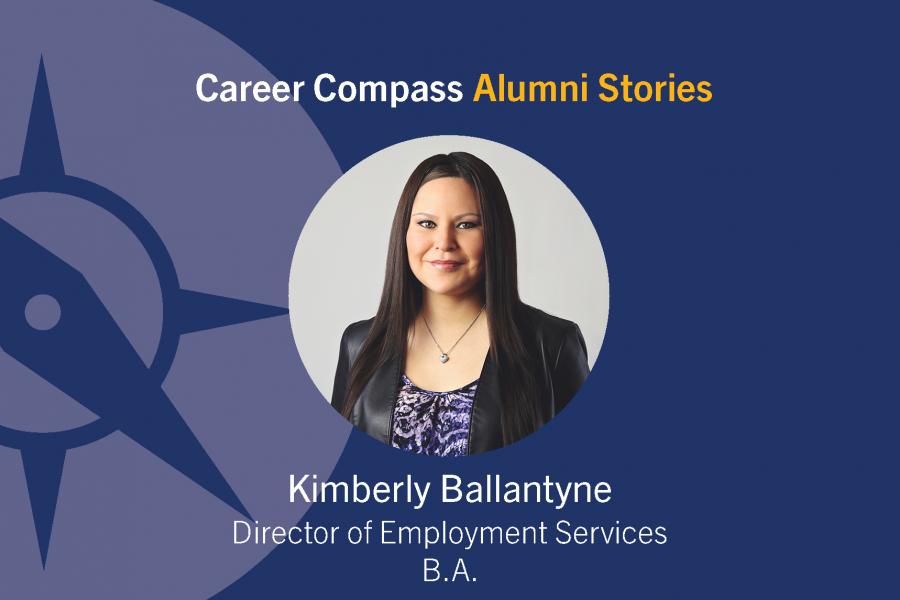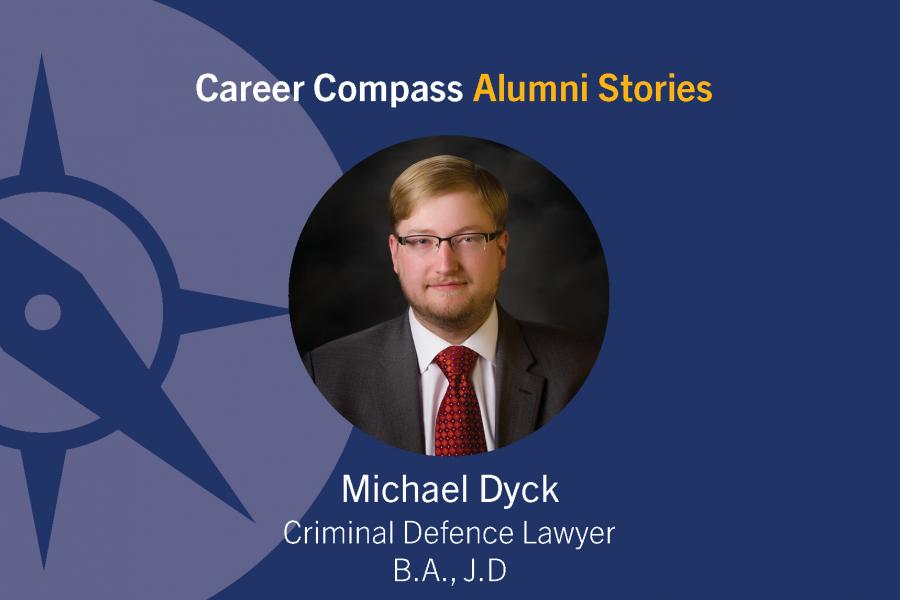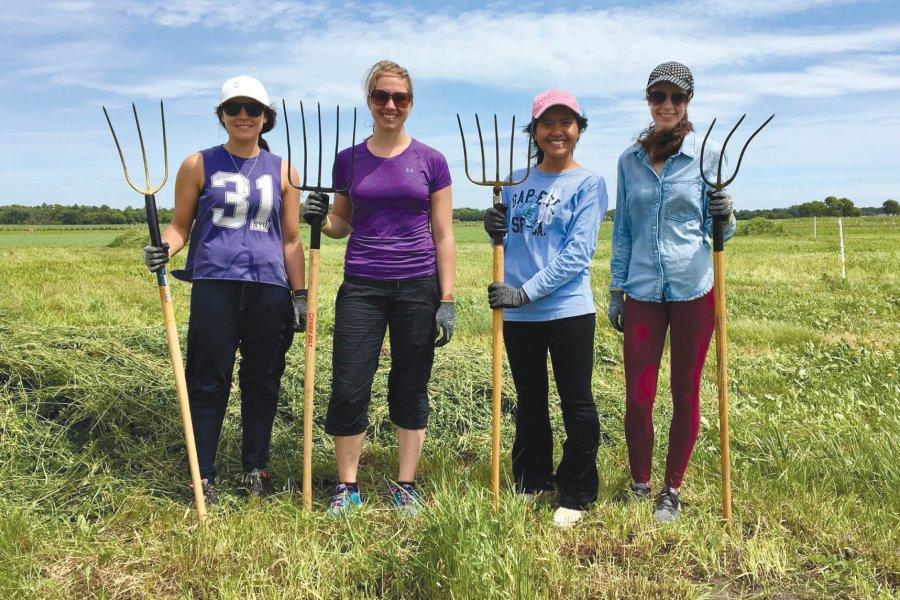Year 1 - 30 credit hours
Link experiences to your career interests. Options include:
- Student groups including Arts Student Body Council or Criminology Association of Students.
- Volunteer for UM Orientation events to help welcome new students to campus while gaining experience, volunteer with Heathy U, or join the Student Leadership Development Program.
- Student work opportunities including Work-Study, STEP Services or Federal Student Work Experience Program.
- Experiential education opportunities such as UM Community Volunteers and Poverty Awareness & Community Action.
Year 2 - 60 credit hours
Explore student research opportunities: Apply for a research assistant position or Undergraduate Research Award.
Gain practical experience by volunteering: Check out the Winnipeg Police Service and social service agencies.
Obtain certificates employers may require, including: Nonviolent Crisis Intervention Training (NVCI), Applied Suicide Intervention Skills Training (ASIST), CPR/First Aid and Mental Health First Aid.
Earn while you learn: Consider applying to the Arts Co-operative Education program once you have completed 48 credit hours.
Year 3 - 90 credit hours
Continue or start research: Participate in the Undergraduate Research Poster Competition and/or consider taking Practicum in Criminological/Sociological Research (SOC 3100).
Check out student job opportunities with: Canadian Border Services Agency, social service agencies and market research firms.
Search for job opportunities online: Check out Job Bank, Find My Job, Indeed or other search engines.
Use your networks and connections: Inquire about unadvertised job openings (the "hidden job market").
Year 4 - 120 credit hours
Ensure you have references in place: Ask your professor for a reference or a letter of recommendation if you're applying for graduate school.
Find opportunities to market yourself: Present your research at the CSA Annual Conference or submit an article to the CCJA Justice Report.
Assess your resumé: Identify any gaps in experience and fill them through volunteering, work placements or internships such as the Post-Secondary Recruitment Program.

